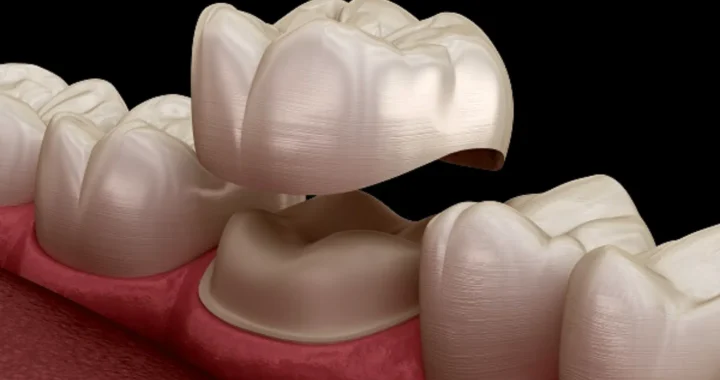Common Neurological Conditions Treated by Neurosurgeons

Neurosurgeons, often hailed as modern-day pioneers specialize in addressing a diverse range of disorders that affect the nervous system. From the brain’s intricate circuitry to the complex network of the spinal cord, these skilled medical professionals possess a deep understanding of the body’s most intricate pathways.
Through this article, we’ll see some common neurological conditions that are expertly treated by neurosurgeons, shedding light on their crucial role in providing advanced care. In case you need special medical care, places like general surgery Englewood are good choices. They show the high-quality care that modern neurosurgery is known for.
Neurosurgeons Expertise
Neurosurgeons are skilled in various surgical and procedural techniques, such as:
– Traditional open surgery
– Minimally invasive surgery
– Endoscopic surgery
– Microsurgery
– Radiosurgery
– Endovascular surgery
Neurosurgeons are also well-versed in the tests required to diagnose and treat neurological conditions. They are adept at operating and interpreting the results from various diagnostic machines, including:
– CT (computed tomography) scans
– MRI (magnetic resonance imaging) scans
– PET (positron emission tomography) scans
– Magnetoencephalography (MEG)
– Electroencephalograms (EEG)
What Medical Issues Do Neurosurgeons Address?
Neurosurgeons handle a range of common neurological conditions, including:
– Brain tumours
– Carpal tunnel syndrome
– Cerebrospinal fluid (CSF) leaks
– Chronic back or neck pain
– Congenital brain conditions like Chiari malformations and arachnoid cysts
– Congenital spinal column conditions like spina bifida and tethered spinal cord
– Essential tremor
– Herniated disks
– Hydrocephalus
– Intracranial aneurysms
– Multiple sclerosis (MS)
– Parkinson’s disease
– Pinched nerves
– Sciatica
– Seizure disorders like epilepsy
– Spinal bone spurs (osteophytes)
– Spinal stenosis
– Spinal fractures
– Spinal tumors
– Spinal deformities like scoliosis and spondylolisthesis
– Traumatic head, brain, neck, or spine injuries
What Types of Surgeries Do Neurosurgeons Perform?
Neurosurgeons conduct various types of surgeries and procedures based on the affected part of your nervous system or the supporting tissues and structures.
Examples of brain surgeries include:
– Removing blood clots
– Repairing aneurysms
– Removing tumours
– Stopping brain bleeds (haemorrhages)
– Repairing trauma
– Inserting shunts
Examples of peripheral nerve surgeries include:
– Carpal tunnel release
– Ulnar nerve release
– Vagus nerve stimulation
Examples of spine surgeries include:
– Stereotactic spine radiosurgery
– Diskectomy
– Laminectomy
– Spinal fusion
– Vertebroplasty and kyphoplasty
– Spine stabilization and reconstruction
Why Might I Need to Consult a Neurosurgeon?
In many cases, your main healthcare provider or a neurologist might recommend you see a neurosurgeon if you have a neurological condition that requires a thorough evaluation or could benefit from one.
Neurosurgeons possess extensive knowledge about the brain, central and peripheral nervous systems, as well as the spine and the various conditions that can impact them. However, just because you’ve been advised to visit a neurosurgeon doesn’t automatically mean you’re headed for surgery.
Instead, it indicates that you’ll undergo a comprehensive neurological examination, a review of your symptoms and medical history, and detailed diagnostic imaging to identify the root cause of your symptoms. Following this, your neurosurgeon—sometimes in conjunction with other specialist providers—will assess and discuss the best treatment options for you. These options could include non-surgical treatments, surgical interventions, or a combination of both.


 Innovations in Health Screenings: Exploring the Latest Technologies in Clinic Services
Innovations in Health Screenings: Exploring the Latest Technologies in Clinic Services  Dental Crowns –Restoring Strength, Function, And Aesthetics.
Dental Crowns –Restoring Strength, Function, And Aesthetics.  One-Person Wonder: Making Waves in the Massage Industry in Gunma
One-Person Wonder: Making Waves in the Massage Industry in Gunma  How Cataract Surgery in Nashville Improves Vision and Quality of Life
How Cataract Surgery in Nashville Improves Vision and Quality of Life  Maintaining Oral Health: The Role of Dentists in Richmond
Maintaining Oral Health: The Role of Dentists in Richmond  How to Choose the Best Implant Dentist in Sheffield: A Guide
How to Choose the Best Implant Dentist in Sheffield: A Guide